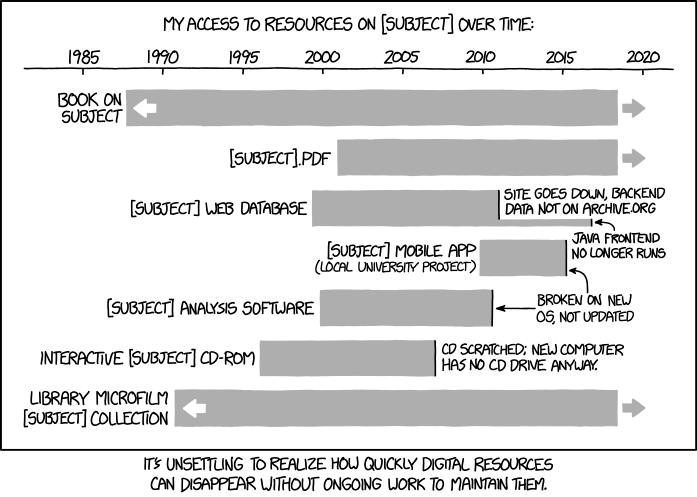When you read too much (ahead) into it…
By means of this court ruling. Where a father was forbidden to post pics of his (was it 2- or 3-yr old) son on Facebook or any other socmed platform, by request of the kid’s mom, since even when the father posted in quite tightly closed circles, Fubbuck has in its terms and conditions that it might use the pics for commercial purposes. Since the latter can not be ruled out and in the interest of protecting the child’s interests, the court ruled such, advising the dad to show the pics to friends op his home compu if he’d really want to.
[What need would the father have to do that? one can ask. Benign or perverted?]
From which we learn, if – very very big if – that indeed we should consider the need and purpose of posting on socmed in the first place. If it is content that one wants the world to see, it’s OK. If some part of that content, or the purpose of the post, would not be OK → get out. If the purpose of the post would be to show off (e.g., one’s cool-dadness – pityful! but see how the other 99.999% of posts anywhere are for that purpose and that alone…), really nothing may cure you (sic).
So now, what about this post …? And:
 [Since it’s no longer the site banner: Rightfully and intentionally out in the open; Barça]
[Since it’s no longer the site banner: Rightfully and intentionally out in the open; Barça]









